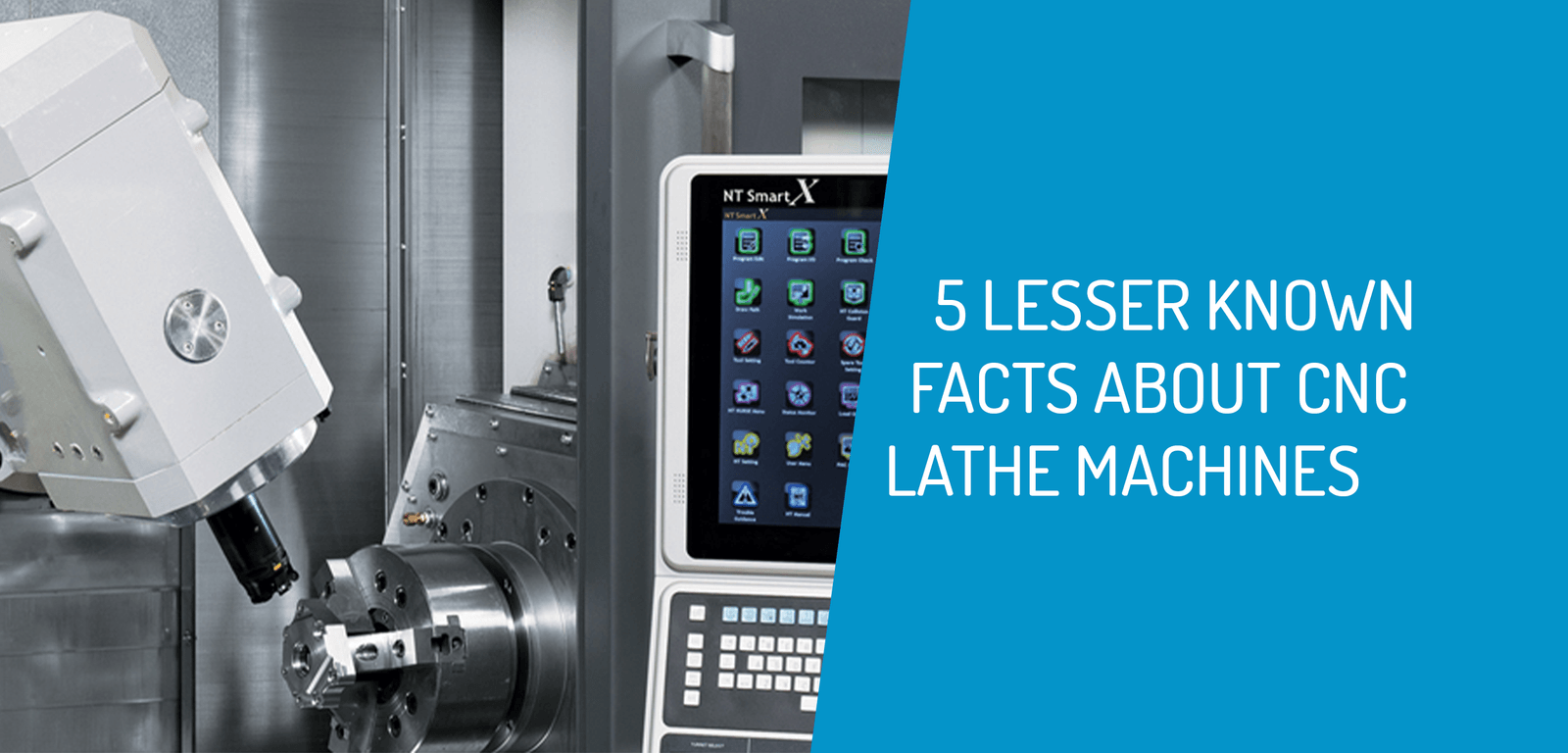KraussMaffei boosts Mexico’s agricultural industry with sustainable logistics solutions in packaging
Discover how KraussMaffei helped transform eco-friendly packaging in Mexico’s logistics sector—read the full case study now.
Welcome to Headland Technology Client log in
Whether you’re after a machine, spare part, power tool, or need to book a service call Headland will help you find the right solution in a timely manner.
Fill out the form below and the relevant expert will be in touch with you shortly.
If you’re a manufacturer, then chances are you’ll have heard of a CNC Lathe, even if you haven’t used one before.
CNC lathes are commonplace in the manufacturing industry, and are often a crucial part of the manufacturing process, mass producing key elements that are used to create everyday products such as cars.
This article explores some lesser-known facts about CNC Lathe machines that even experts may not be aware of!
Before we delve into the lesser known facts, let’s first address what exactly a CNC machine is.
CNC stands for ‘Computer Numerical Control’, which refers to the process by which it operates – the machine relies on a computer programming integration, which provides the template design it works from. CNC lathes are heavily used in the production of metal components such as auto parts and operates by a turning process.
This turning process is performed through the application of pressure on the workpiece to make flexible shapes, which can be programmed to become whatever you want them to be – the sky’s the limit!
Though CNC Lathes are often used for the mass production of parts in the manufacturing industry, there are many other possible applications for this machine. CNC lathes do not need to be industry specific, and have been used in a variety of pursuits such as jewellery making, metal moulding, equipment shaping, cutting, drilling and dying.
Did you know that cnc lathes are equipped to run continuously? Along with its high precision and optimum quality output, a continuous run time allows users to produce high volumes of high quality goods, minimising delays and ensuring the smooth running of the business.
One of the critical aspects of the CNC lathe – the ‘computer’ part – wasn’t always around. Before computers were invented, cnc lathes were previously called numerical controls. Rather than relying on computers to programme the design of the object, machining processes like turning, drilling, milling, shaping etc.
CNC machinery is highly flexible because it relies on programming to produce output. If you want to produce something different all you need to do is change the programming to change the output – simple!
The earliest CAD technology used by CNC machines was punched or perforated tape – a data storage system that consisted of a long strip of commands to be input into computer back in the 1950s and 1960s.
Whether you’re after a machine, spare part, power tool, or need to book a service call Headland will help you find the right solution in a timely manner.
Fill out the form below and the relevant expert will be in touch with you shortly.


